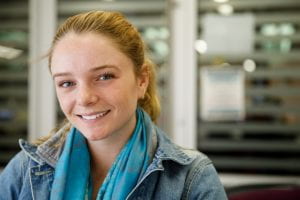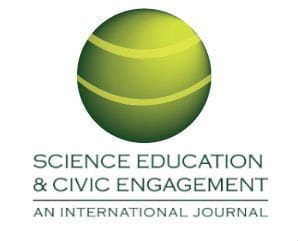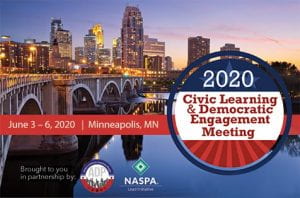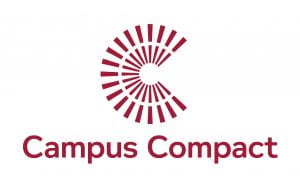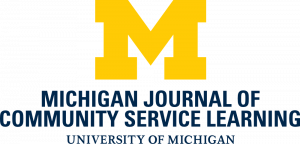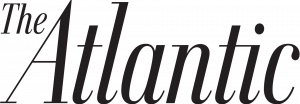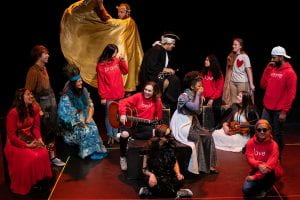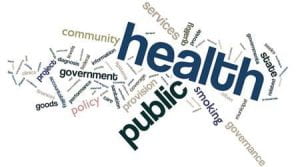Academia too often focuses only on research, and community engaged scholarship allows people to rehumanize their fields and to consider the impact they could have in applying what they know, to the communities most in need in Washington, DC."

Professor Sangeeta Prasad, M.Ed, Psy.D., Nashman Center Affiliate Faculty and Adjunct Professor of Human Services and Social Justice, sat down to talk with us about her community engaged scholarship class, HSSJ 2170: Interpersonal relationships, which she has taught for the past four years. The class is a part of the Human Services and Social Justice department. It focuses on helping students better understand the dynamics of relationships, which they experience through the direct service they complete for the class. This semester, the class served with six different site partners, ranging from after-school programs to senior services.
Professor Prasad shared that she believes community-engaged scholarship is important because “Academia too often focuses only on research, and community engaged scholarship allows people to rehumanize their fields and to consider the impact they could have in applying what they know to the communities most in need in Washington, DC. In my sense, as somebody who moved here like many professors, we have a responsibility to the community in which we are living and to serve our students well… community engaged learning, I think forces us in a way to grow in our capacity to listen, to reflect, and to support our students.” ...continue reading "Faculty Spotlight: Nashman Affiliate Sangeeta Prasad"

